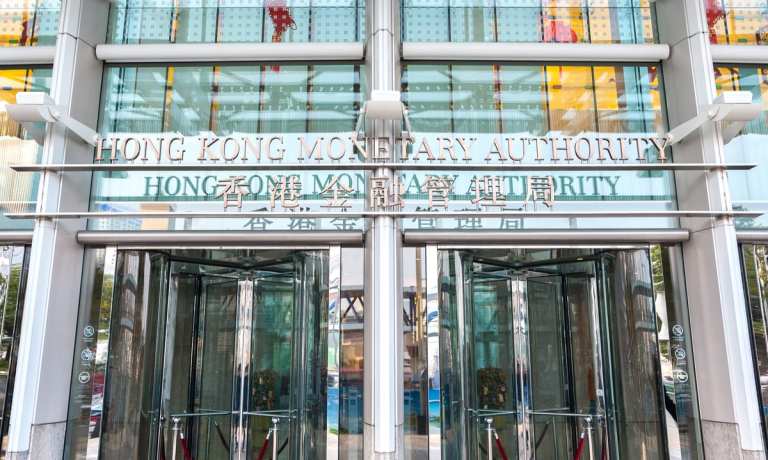Hong Kong To Explore CBDCs In ‘FinTech 2025’ Strategy

The Hong Kong Monetary Authority (HKMA) said in a press release Tuesday (June 8) it wants to make sure Hong Kong is ready to issue wholesale and retail central bank digital currencies (CBDCs) as part of its larger FinTech 2025 strategy.
FinTech 2025 is aimed at driving FinTech development in Hong Kong, encouraging the financial sector to adopt technology “comprehensively” by 2025, the release stated.
“FinTech is, without doubt, a key growth engine for the financial industry in the post-pandemic era, and now is the right time to double down on our efforts to grasp the opportunities,” said HKMA CEO Eddie Yue in the release. “‘FinTech 2025’ sets out our vision in this regard. I urge all stakeholders to join forces with the HKMA. Together, we can take our city’s FinTech ecosystem to new heights.”
The CBDC plan is one of five areas of focus in the strategy. In addition to preparing Hong Kong to issue wholesale CBDCs, the HKMA said in the release it has also been working with the Bank of International Settlements Innovation Hub Hong Kong Centre to research retail CDBCs.
The HKMA will begin a study on eHKD — the retail digital currency — to determine its uses cases, risks and benefits, according to the release. Meanwhile, the HKMA will continue working with the People’s Bank of China to support technical testing of the digital yuan in domestic payments. China and Hong Kong completed the first cross-border use of the digital yuan earlier this year.
China and Hong Kong are not alone in researching CBDCs. Monetary regulators around the world are moving forward with their own plans to launch in-house cryptocurrencies, PYMNTS reported.
In addition to its CBDC efforts, HKMA’s FinTech 2025 strategy will encourage all banks in Hong Kong to go FinTech, with the HKMA launching an assessment that looks at banks’ current and planned FinTech adoptions, the release stated.
The other points in the FinTech 2025 strategy include enhancing and adding to Hong Kong’s data infrastructure, building a “FinTech-savvy” workforce and working to support the FinTech “ecosystem” in general, according to the release.